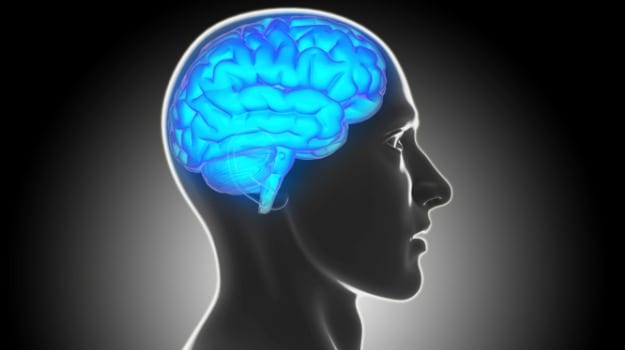Aggression can lead to generation of new nerve cells in the brain and also changes the activity of existing cells, new research has found.
A team of neurobiologists from the US and Russia studied the changes that occurred in the brains of mice demonstrating aggressive behaviour, which attacked other mice and won in fights. After a win, these mice became even more aggressive, and new neurons appeared in their hippocampus - one of the key structures of the brain, the researchers found. In addition to this, in mice that were allowed to continue fighting certain changes were observed in the activity of their nerve cells.
The findings were published in the journal Frontiers in Neuroscience.
The scientists hope that the new information on the neurobiological bases of aggression will not only help in understanding this important phenomenon, but will also encourage research in other areas -- and even help in finding causes of autism and other similar disorders in humans.
Increased anxiety, stereotypical repetitive behaviour, impaired ability to communicate with others - symptoms partially similar to autism -- were observed in the mice with more new neurons in the hippocampus.
"Once again I am amazed at how the basic building blocks that make up complex behaviour are similar in different organisms and it is truly fascinating how they can be combined with other blocks to create an enormous variety of behavioural reactions in animals and humans," said corresponding author of the study Grigori Enikolopov from Moscow Institute of Physics and Technology in Russia








